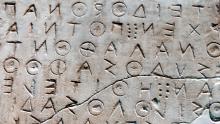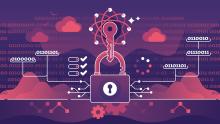
Europe’s musical heritage can teach us about our past, and reveal how culturally interconnected the continent has always been. But much of this music is in danger of being forgotten. By collecting diverse resources and making them accessible to all, the EU-funded Polifonia project allows researchers, musicians and citizens to share in Europe’s rich musical traditions.









